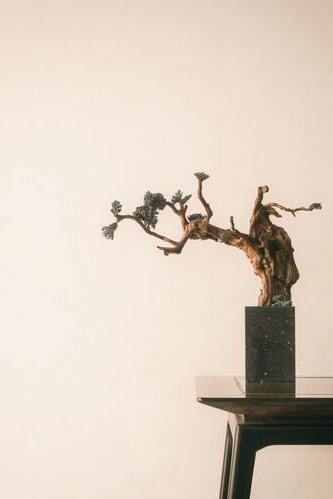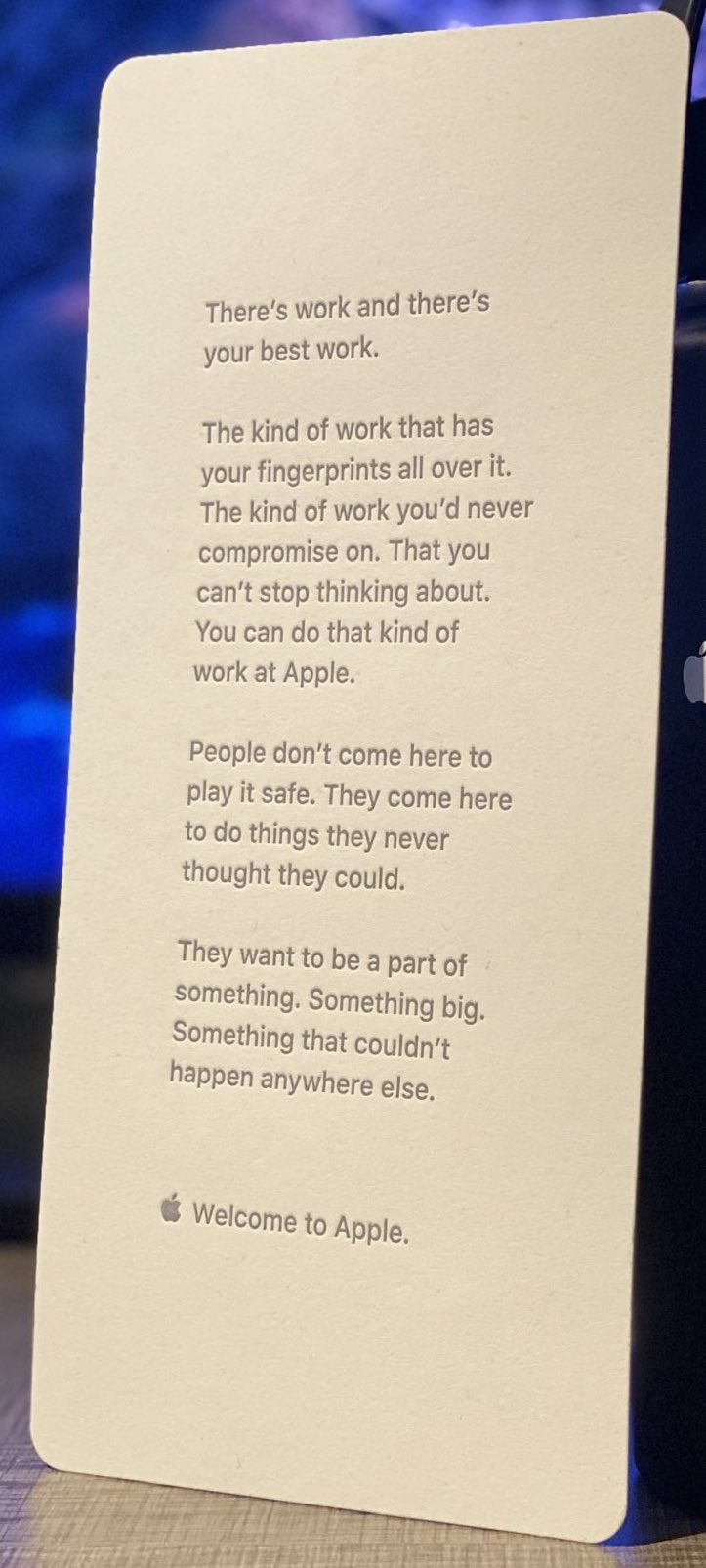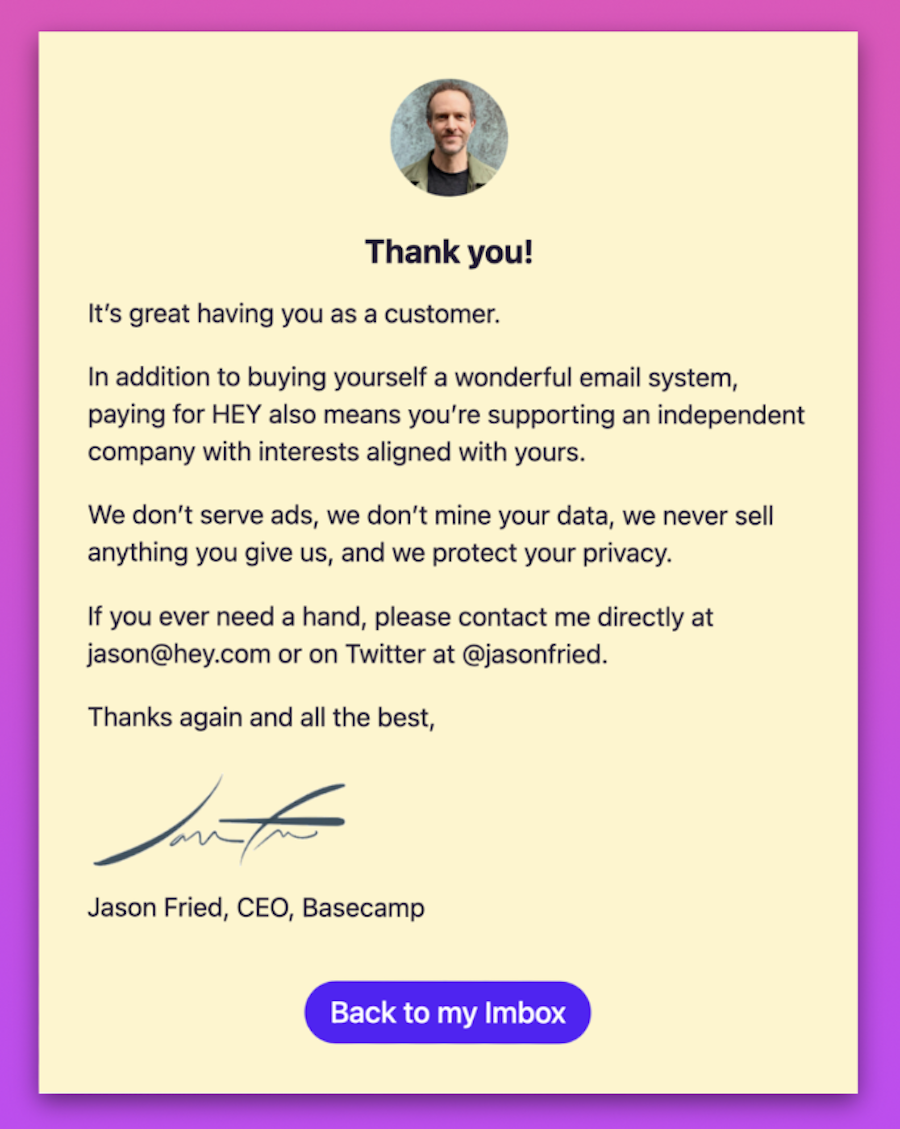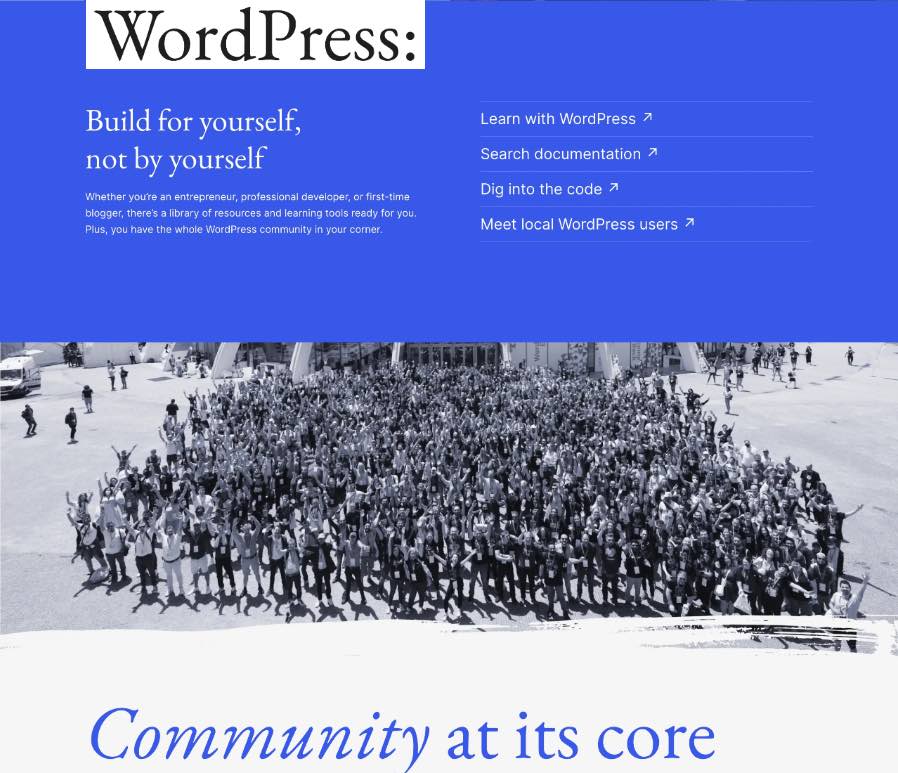We noticed you subscribed but haven’t logged in. If you would like to continue with your subscription, please log in within the next 7 days. If you haven’t logged in, we will cancel your subscription and refund any payments.

 Copied
Copied
Below is a summary that strings most of the major ideas in this blog together. Click on the purple links to read that in detail.Miyamoto Musashi
If you know the way broadly you’ll see it in everything.
You see your work as your calling, your life’s work. You love being in the details. It is not in one special field but where we are seeking it. It is for all of us — academics, researchers, reporters, policy makers, venture capitalists…

It is easy to think that success in business is about valuation or being on TV. Business success is in paying customers who value your dedication and every little detail you perfect on their behalf, decade after decade.

It’s not about your LinkedIn connections or Twitter followers. Not about your ability to buy your way in. It is about the value you add, the time you gave to high-potential people, the trust you built and sustained by showing up, and the positive-sum games you played.

You weave your lived experiences into your profession. You build on what they’ve got — labor, judgment, health, or capital. You put in the work to master the basics and act independently. You are building an authentic expression of yourself.

You realize that your Life’s Work is always in permanent beta: imperfect, incomplete, and impermanent. Hence, you don’t have FOMO (fear of missing out) and instead maintain a sense of ‘This Is Enough.’ and focus on becoming Super Normal.

It is in speaking truthfully, in eating simply, in not being attached to the things you own, in exercise rather than exertion, in saying no to ‘my way or the highway‘.

It is in taking bold risks while avoiding risk of ruin. It is in building anti-fragility. It is in the boring details — maintaining cash flow, building optionality, and publishing by-products. It is in avoiding de-growth that stops compounding.

A curated list of things that saw, felt, heard, smelt, and tasted what it means to be Humane.
All stories in this blog chronologically organized.